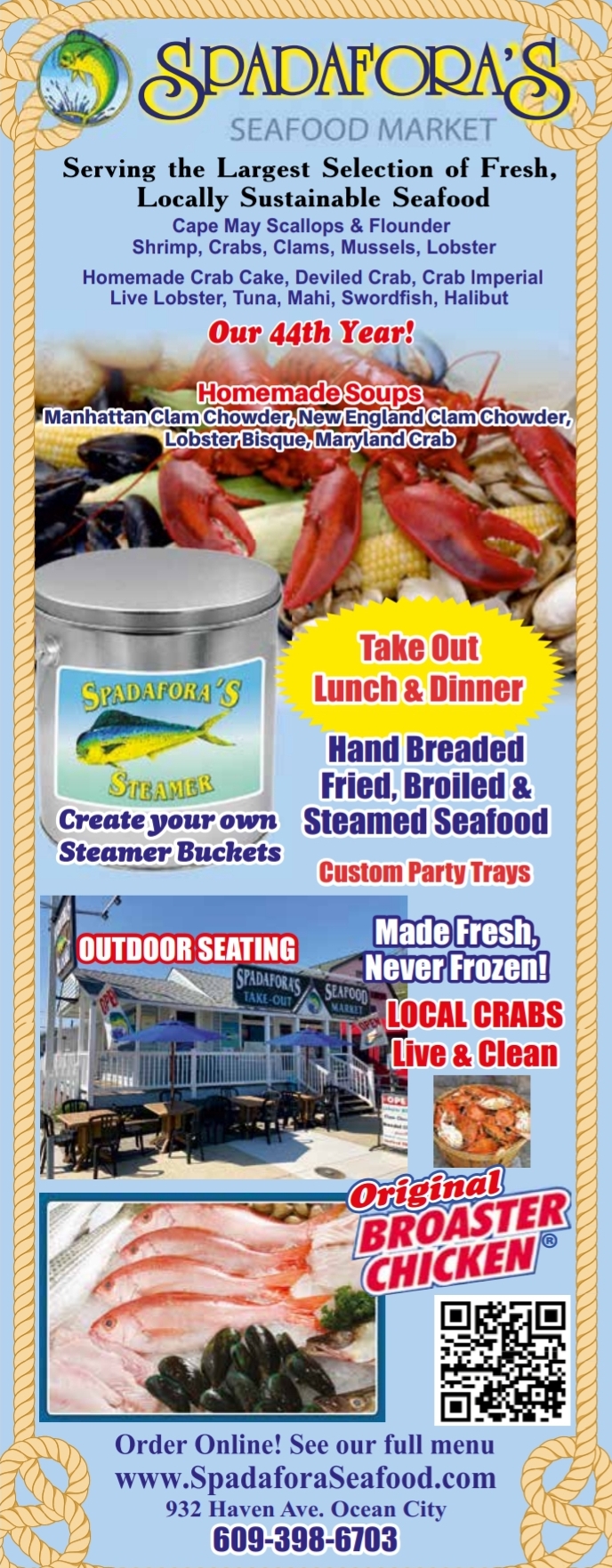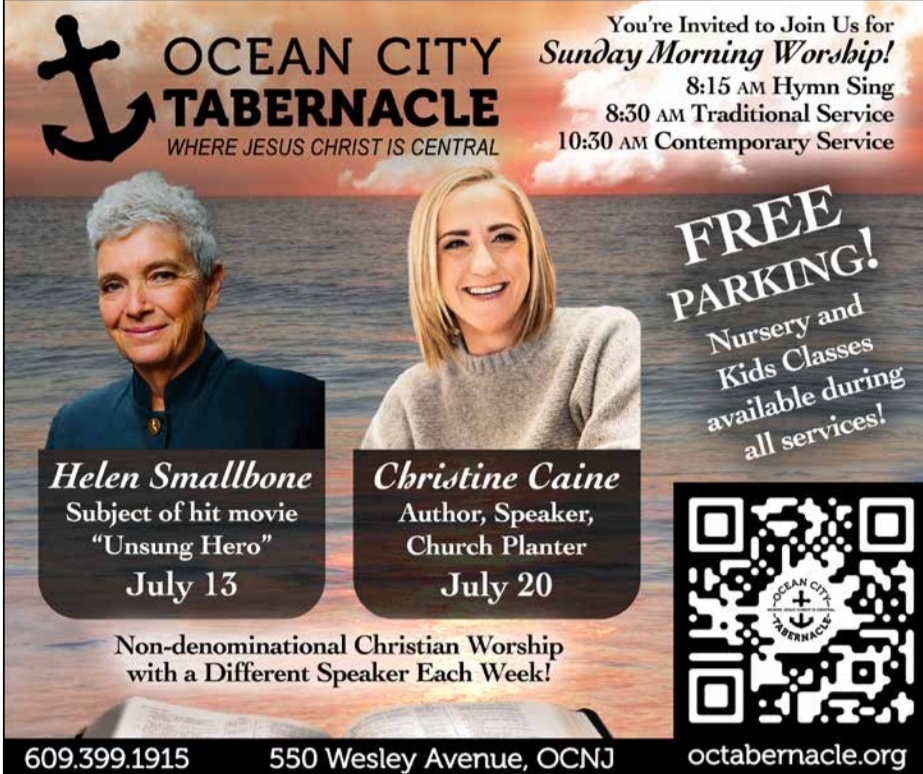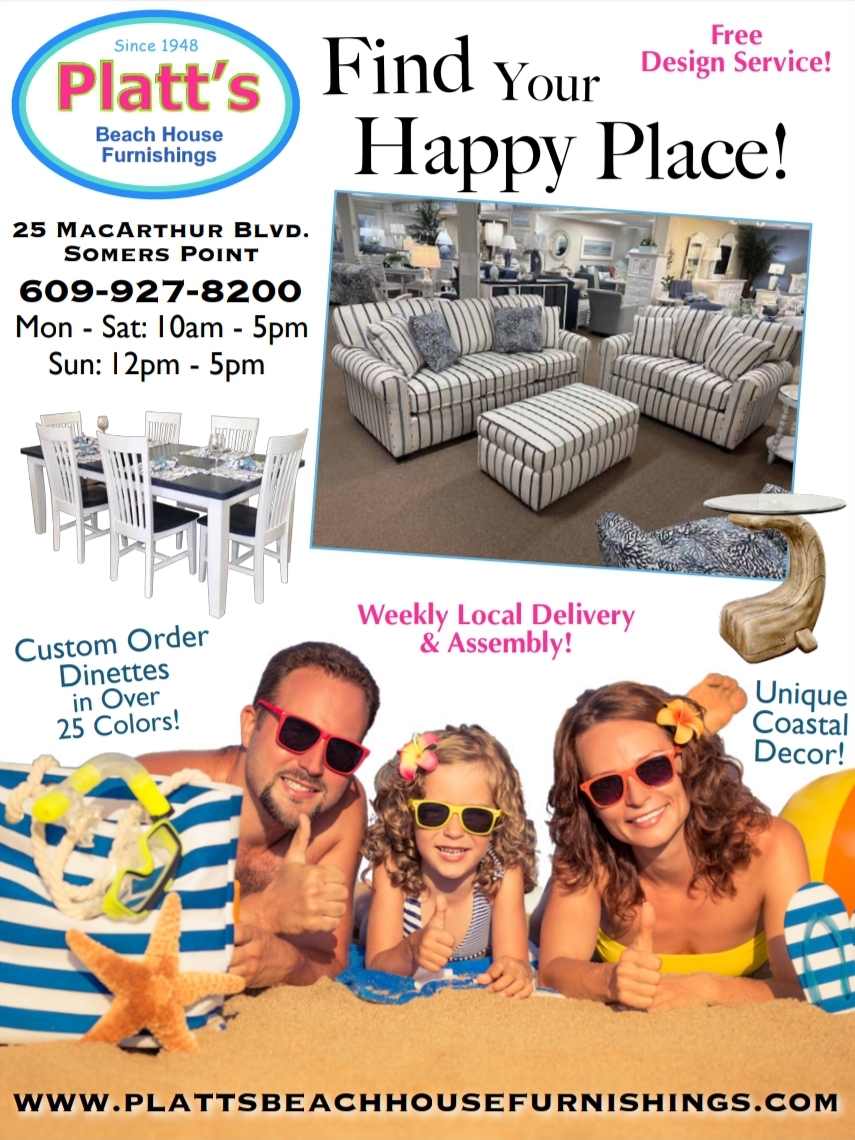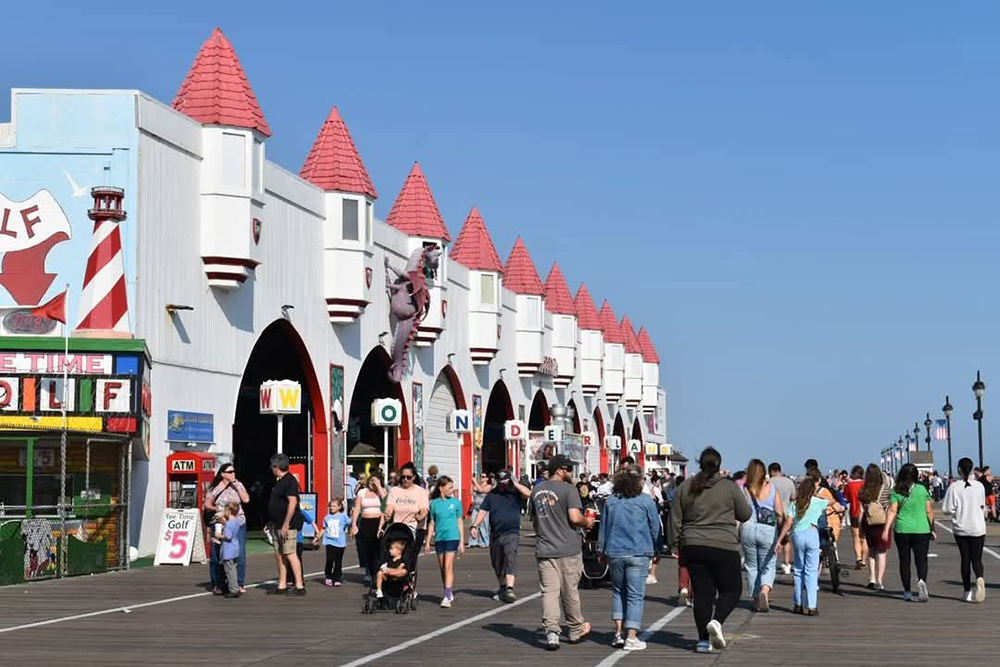78% of residents prefer family-friendly attractions and entertainment over large-scale hotel development
A newly released independent census of Ocean City, New Jersey residents conducted by the Eagleton Center for Public Interest Polling (ECPIP) at Rutgers University finds that a majority of residents oppose the proposed construction of a 252-room high-rise hotel on the boardwalk at the former site of Wonderland Pier, and a vast majority would instead prefer family-friendly attractions and entertainment. The findings highlight residents’ overwhelming support for Ocean City as a place to live, and deep community concerns that the potential high-rise development would fundamentally alter the character of Ocean City and create additional challenges related to parking, traffic and the local economy.
The public opinion research was commissioned by the community group Ocean City 2050 and conducted by Rutgers ECPIP as an independent third party. It was designed as a full census of Ocean City’s reachable registered voters, eliminating sampling error and offering a more accurate picture of local sentiment.
According to the report, the majority of Ocean City residents oppose the 252-room resort being discussed for the boardwalk, with the results distributed as follows:
Notably, strong opposition to the high-rise hotel runs deeper than strong support: 38% very opposed compared to 21% very supportive. 15% are somewhat opposed, while 23% are somewhat supportive.
Further, when given the choice between prioritizing more hotel lodging versus more family-friendly attractions and entertainment, residents overwhelmingly selected attractions (78% vs 22%).
“This independent research was commissioned to better understand the wants and desires of the public. It reinforces what we’ve been hearing in our one-on-one and group meetings for months: there is deep love for Ocean City, but also that opposition to the high-rise hotel among residents is strong and widespread,” said Jim Kelly, spokesperson for Ocean City 2050.
Kelly continued, “Ocean City residents want thoughtful growth, with an emphasis on improving entertainment, dining, and retail options that attract foot traffic and enhance the boardwalk experience for all ages — not large-scale hotel development that threatens its charm and function. Moreover, this research corroborates that many fear that declaring the site a redevelopment zone would set a precedent that could lead to similar high-rise hotels up and down the boardwalk, changing the very character of Ocean City.”
Residents cite parking, traffic and precedent as top concerns
Respondents expressed deep reservations about how the hotel would affect daily life and future development along the boardwalk.
The vast majority cited worries about immediate impacts, including:
● Increased parking demand (76%)
● Increased traffic congestion (71%)
● The hotel’s height and scale (70%)
Many also feared long-term consequences:
● A zoning exception could lead to changes to other businesses and establishments along the boardwalk (68%)
● Fewer family-friendly attractions on the boardwalk (61%)
Additional matters raised by residents included the potential economic impact on surrounding businesses (52%). A majority (56%) also said they were concerned about the possibility of alcohol being served at the hotel — a particularly notable response in a town historically known as a dry, family-focused destination.
A clear community vision for the Boardwalk: Small-scale, family-friendly
Residents expressed strong preferences for development that maintains Ocean City’s identity as a family-friendly destination.
When asked what types of venues they want to see on the Boardwalk, residents overwhelmingly favored low-rise, inclusive amenities.
● 73% want retail shopping like apparel, resort wear, local crafts and handmade items ● 71% want family-oriented entertainment like mini-golf and amusement arcades. ● 69% want a variety of restaurant and café options, and
● 55% want outdoor public spaces and arts attractions.
Lodging trailed these options by a large margin, with small-scale lodging (32%) outpacing large hotels (23%) by almost 50%.
Among respondents who indicated they would like to see multiple activities and attractions on the Ocean City boardwalk, top priorities for future development included more family-friendly attractions, more varied food options, more venues for adults like museums, theaters, and art installations, as well as outdoor public spaces like parks and playgrounds. Collectively, these types of small-scale, family-oriented attractions dominated the top pick of these respondents, with any choice of lodging ranking towards the bottom.
Community sentiment on broader city development trends
Demonstrating strong love for the city, the census also showed that 94% of Ocean City residents believe it is an excellent or good place to live, a strong indicator of how much residents like the city the way it is, with its small-town feel, great beach, and warm and welcoming culture.
The survey did reveal that, in at least one aspect, the city was challenged, which was related to development. 58% say the trend toward replacing small homes with larger developments is heading in the wrong direction. When asked how well the city is balancing historic preservation and development, only 11% rated its performance as excellent. Another 30% said it was good, while the majority gave more critical ratings: 33% called it only fair, and 21% said it was poor.
“These results point to a community that values its character, accessibility, and sense of place, but is seeing that erode through over-development,” said Bill Merritt, also of Ocean City 2050. “Residents are not against change—they just don’t want change to erase the City’s unique character. A high-rise resort on the Boardwalk would do just that.”
Community-backed alternative: Wonderland Commons
As an alternative to the high-rise hotel proposal, Ocean City 2050 recently proposed a community-led vision for the Wonderland site—Wonderland Commons—a concept that embraces change while preserving Ocean City’s small-town, family-friendly character. Wonderland Commons features a revived but small amusement park; entertainment for mid- to late-teens; a mix of culinary choices from fine restaurants and a rotating lineup of food trucks; rooftop venues for relaxing and entertaining; and a small upscale lodging facility that fits the town’s character. With a family-friendly identity that respects scale, sunlight, and neighbors, it creates a draw on the Boardwalk’s northern end, while being flexible, fundable, and faster to implement.
“The Rutgers census confirms that Wonderland Commons offers a path that better reflects what Ocean City residents are looking for,” Merritt continued. “As a modern, multi-use boardwalk village, it not only benefits the public, it benefits the developer as well, making it a true compromise that works for everyone.”
About the public opinion census
The census was conducted by The Eagleton Center for Public Interest Polling (ECPIP) at Rutgers, The State University of New Jersey on behalf of Ocean City 2050. Respondents to the census reflect the population parameters of registered voters in Ocean City.
The census instrument was developed jointly by the client and ECPIP researchers, who received approval from the Rutgers Institutional Review Board to conduct the study.
All registered voters with cell numbers were recruited by text to an online survey conducted in June 2025. Recruitment by cell provided 65% coverage of the target population of adults as estimated by the registered voter base maintained by L2 Data. A second listed sample of Ocean City Consumers, also maintained by L2 Data, was used to recruit non-registered voters. Participants were screened to ensure that they were residents of Ocean City. Eligible residents and registered voters were recruited by a landline phone if a cell phone was not available.
Additional details can be found on Ocean City 2050 at oceancity2050.org.


















